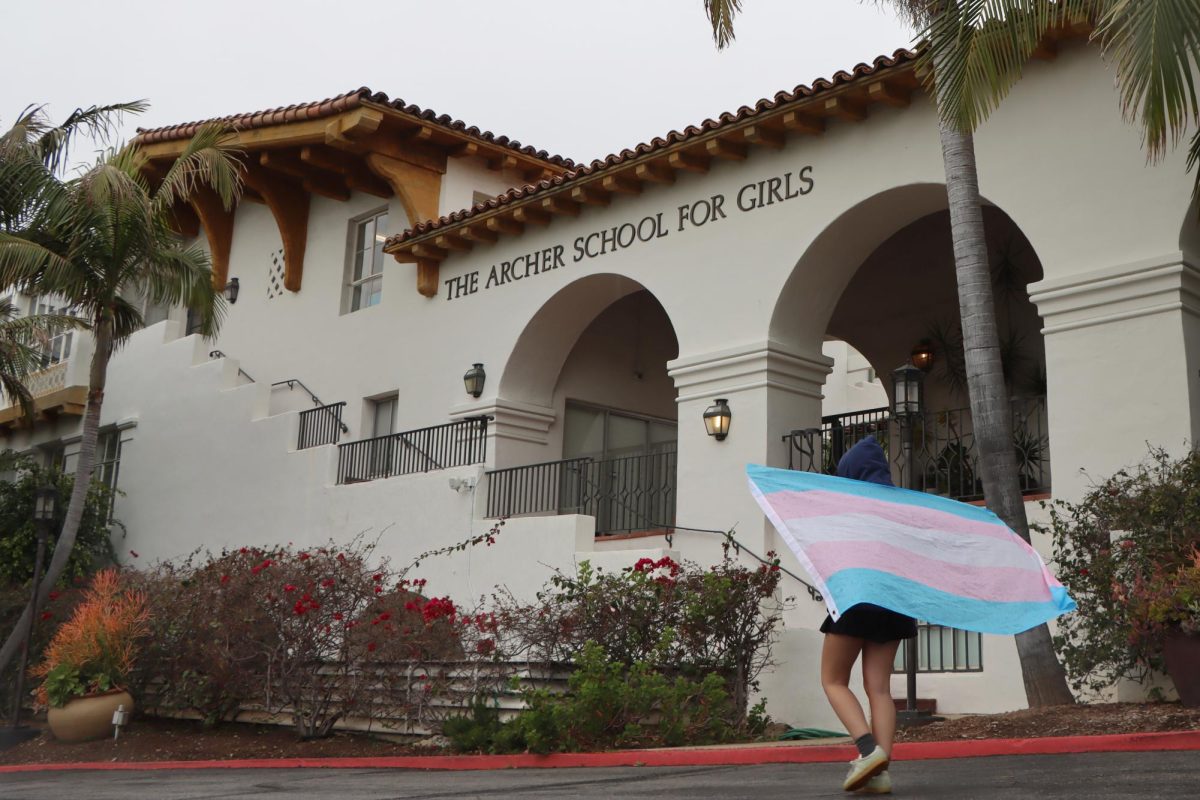Bloomingdales, Stoney Clover Lane, Crocs, and Casetify are just a few of the 450 promotional partners who collaborated with the new movie musical adaptation of “Wicked,” released Nov. 22.
Celebrities Ariana Grande and Cynthia Erivo, the stars of the new movie, are the faces of this promotional endeavor and attended interviews, commercials and brand deals. Grande and Erivo have gained a worldwide audience, which is concerning, as they seem unaware of the detrimental implications behind the consumerist lifestyle they promote. The “Wicked” stars are only two of countless examples of public figures who promote consumerism, a pervasive ideology that has spread to every corner of our world.
Consumerism is not a new concept in the U.S., as consumption has increased over the past 100 years. The overwhelming consensus is that consumerism emerged in the U.S. during the roaring 1920s; after World War I, America experienced significant economic prosperity, and a greater supply of goods led to mass consumption. Although individuals have led lavish, extravagant lifestyles for over a century, the birth of social media drastically increased the promotion of a consumerist lifestyle.
Modern media has revolutionized the marketing industry, providing easily accessible content to all demographics. Apps like TikTok and Instagram provide celebrities and influencers with an easy platform to promote products and collaborate with brands through short-form content. There is often a lack of transparency with influencer advertising because marketing is disguised as a helpful video.
Consumers no longer are just buying into a a product, but a persona. They are succumbing to societal pressure that encourages owning trendy products. This pressure exacerbates our innate fear of missing out and pushes people to conform to certain standards and lifestyle appearances.
Adolescents play a big role in consumerism culture and are targeted in different advertising and promotion schemes. According to the National Library of Medicine, there are a few psychological explanations to understand why teens are so susceptible to influencer marketing.
One of which is the Social Identity Theory, which states that belonging, purpose and identity are important sources of pride and self-esteem. Teens follow influencers on social media to reinforce their sense of belonging and connection.
When influencers promote new products, teens see it as a way of fitting in or being more like the celebrities and influencers they idolize. On screen, influencers have a seemingly perfect life, which teenagers strive to embody. Therefore, teens might see influencers as role models, constantly buying into short-lasting trends.
Due to the constant fluctuation in trends, the brands that can meet demand are fast-fashion companies, which are mass-produced and cheaply made. The quality is not meant for long-term wear, leading to an excessive rate of consumption, which is unsustainable. Once a trend cycle is outdated, consumers contribute 17 million tons of waste to landfills.
Our society has become desensitized to the unethical and unsustainable practices of fast fashion brands. Influencers promote brands like Shein, Zara, Fashion Nova and countless others that are destroying our planet. Information that comes out about the practices of different fast fashion corporations is disheartening, and yet, we’ve become desensitized, as though supporting these companies does not inherently make us a part of the problem.
With all the power and influence public figures have, they need to be incredibly aware of the brands they are supporting and ensure they communicate this to their audience. These are not only a reflection of their values but can also influence the easily impressionable minds of the audience. Celebrities have proven they can make a difference when speaking out against injustice, such as Serena Williams, who protested Nike’s poor treatment of female and pregnant athletes, until they changed their policies on maternity leave. Public figures must continue to spread awareness and speak out against injustice rather than prioritize monetary gain.
So, how does one balance the desire to fit in, while also practicing ethical and sustainable consumption?
We know being at an all-girls private school, there is pressure to fit in and feel accepted by our peers, but we need to learn to understand that owning popular products does not need to be equated with popularity. It is imperative to consume mindfully and research the companies and people you support because your choices are a reflection of your values.
























KJ McPherson • Dec 22, 2024 at 2:44 pm
Couldn’t agree more. I’m using this article as a source for my Original Oratory for speech and debate this year. Well written Oracle team!